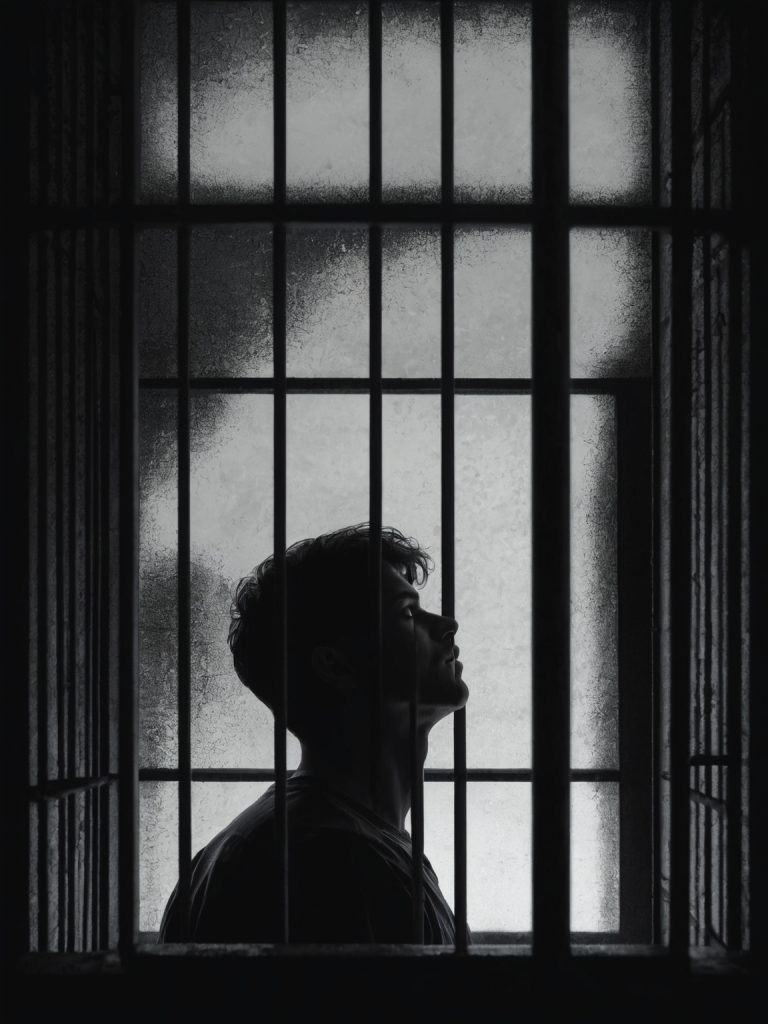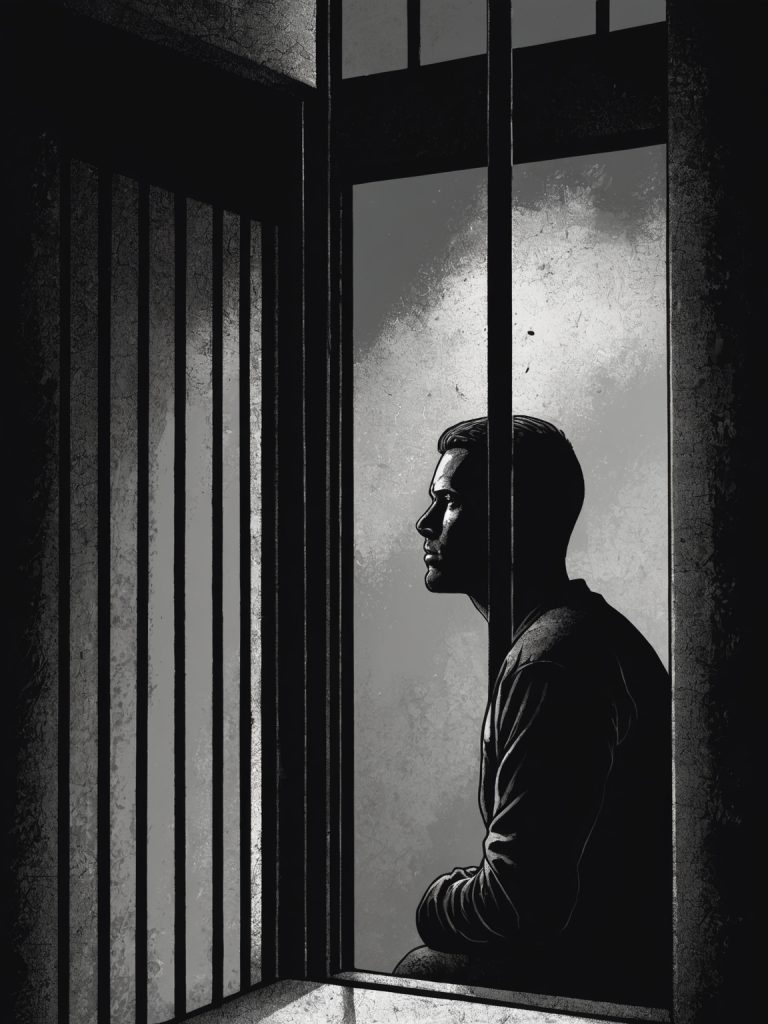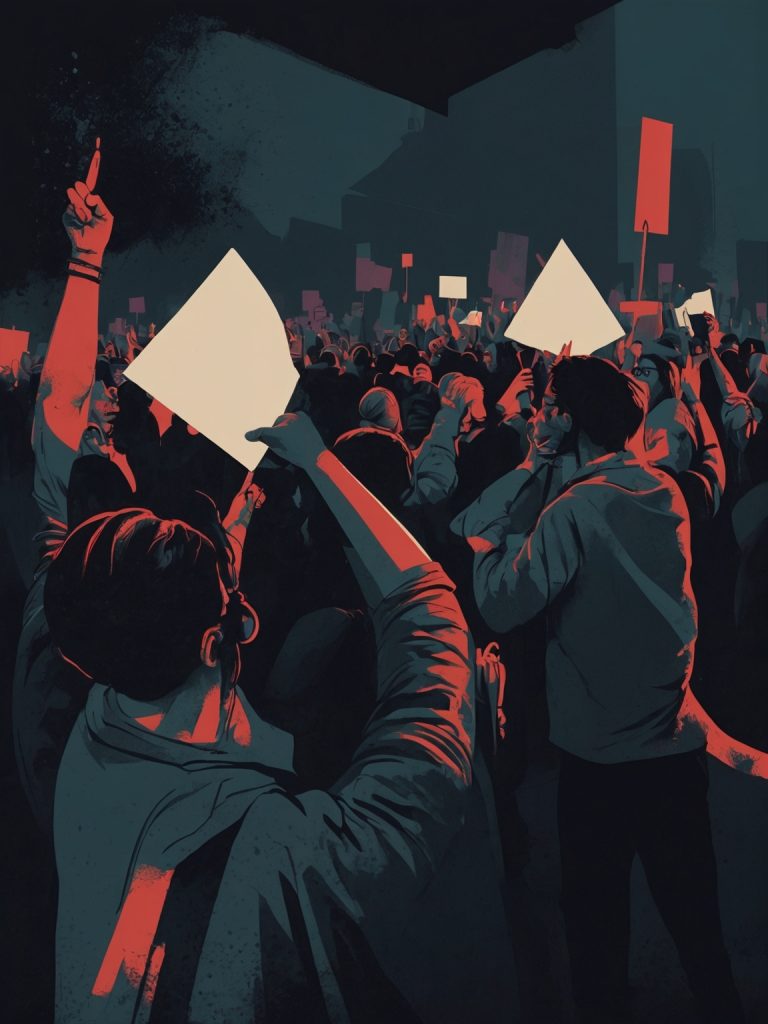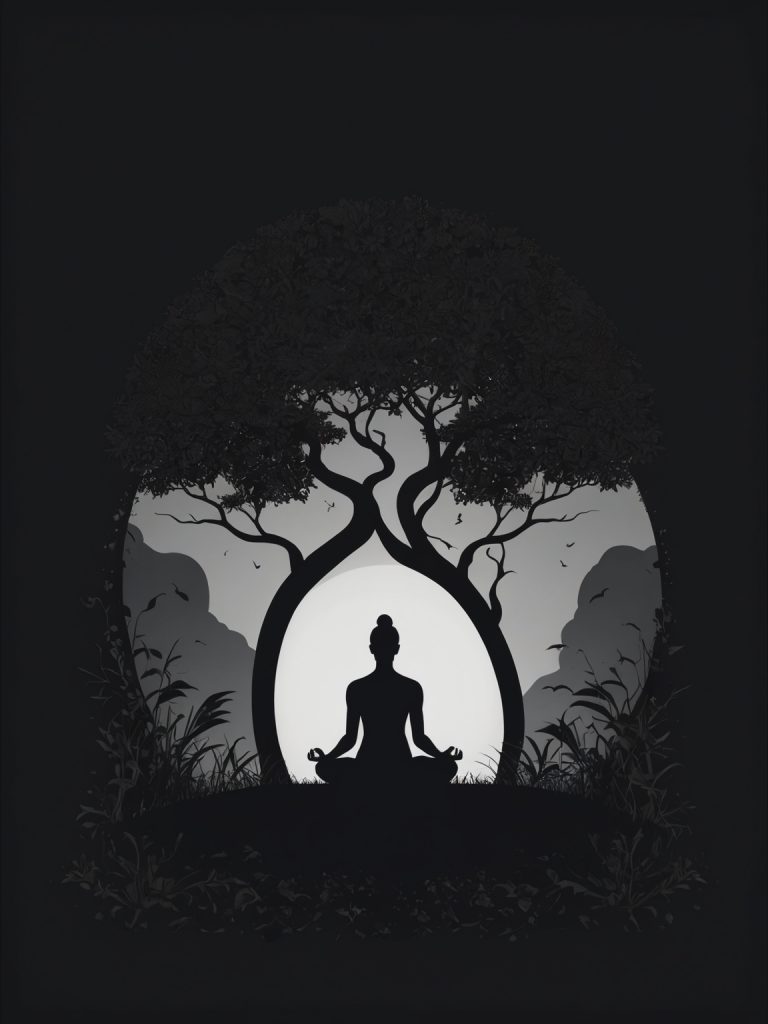This article goes beyond the headlines to explore the lesser-discussed psychological effects of life without parole. It provides a balanced perspective on empathy, punishment, and the need for reform in our approach to criminal justice. You’ll gain a deeper understanding of this complex issue and actionable steps you can take to make a difference.
TL;DR
- Life without parole (LWOP) has minimal impact on mental health compared to long-term confinement, according to some studies.
- The key difference lies in hope. LWOP sentences extinguish hope for release, leading to potentially greater mental suffering.
- Empathy for those who commit horrific crimes is complex, but crucial for a functioning society.
- LWOP and the death penalty are both ethically challenging options with no easy solutions.
- The mental health community can play a role in advocating for reform in the criminal justice system.

Life without parole (LWOP) is a harsh sentence that sparks numerous debates. The recent case of Chris Watts and his reported appeal attempt sheds light on this controversial punishment. But a more critical question emerges: how does LWOP impact the mental well-being of those sentenced to it?
Research findings may surprise you. Studies suggest that long-term confinement, not necessarily LWOP itself, has minimal negative effects on mental health. This might seem counterintuitive, but it highlights the remarkable resilience of the human spirit. However, there’s a crucial distinction: hope. Those serving a fixed sentence often cling to the possibility of release, a light at the end of the tunnel. LWOP extinguishes that light.

The Absence of Hope: A Psychological Abyss
Studies indicate that for individuals newly sentenced to LWOP, the initial stages are especially challenging. They often grasp onto the (likely futile) hope of a successful appeal, which can even verge on denial. This false hope can offer a temporary shield for their mental health.
However, the true weight of LWOP settles in over time. The absence of a concrete release date creates a sense of permanence, akin to a terminal illness diagnosis. This realization can lead to significant mental suffering.
So, should Chris Watts pursue an appeal? Based on research on LWOP inmates, it’s likely he will attempt to appeal, following a common pattern.
Empathy in the Face of Heinous Acts
The question of empathy for someone like Chris Watts is complex. Understanding his situation doesn’t excuse his horrific actions. However, a certain degree of compassion is essential for a functioning society. The key lies in striking a balance between empathy and the need for justice.
LWOP vs. The Death Penalty: A Flawed System
LWOP raises another critical question: is it cruel and unusual punishment? While “unusual” might be debatable considering its widespread use, there’s a strong argument to be made for “cruel.” The death penalty, with its lengthy appeals process, often becomes a form of life imprisonment anyway. Both options leave us grappling with ethical dilemmas.

The Dilemma: The Quest for a Better Solution
The problem is, there are no easy alternatives. While I firmly oppose the death penalty, releasing LWOP inmates after serving 20-25 years seems improbable in the current punitive legal climate.
A Call for Change and Continued Discussion
The mental health community can play a vital role in advocating for change, but it’s a long and arduous process. LWOP is a multifaceted issue with no simple solutions. We need to keep this conversation alive as we explore the intricate relationship between justice, punishment, and mental health.
Let’s hear your voice! Share your thoughts and experiences in the comments below. As we move forward, remember to subscribe for more science-based content on mental health topics. Together, let’s create a more informed and empathetic society.

Helpful Actionable Tips
While the article explores the complexities of LWOP, here are some actionable steps you can take:
- Educate Yourself: Learn more about the criminal justice system and the impact of LWOP on mental health. Here are some resources to get you started:
- Advocate for Change: If you believe LWOP reform is necessary, contact your local representatives and express your views. You can also support organizations working towards criminal justice reform.
- Practice Empathy: While not condoning crimes, strive to understand the root causes of violence. Explore resources on social justice and mental health initiatives.
- Take Care of Yourself: Engaging with difficult topics can be emotionally draining. Make sure to prioritize your mental well-being. Here are some resources for self-care:
- The National Suicide Prevention Lifeline: https://suicidepreventionlifeline.org/
- The Crisis Text Line: https://www.crisistextline.org/ (Text HOME to 741741)
- National Alliance on Mental Illness (NAMI): https://www.nami.org/Home (Mental health advocacy organization)
Table: Life Without Parole vs. Long-Term Confinement
| Feature | Life Without Parole (LWOP) | Long-Term Confinement |
|---|---|---|
| Hope for Release | No set release date | Fixed sentence with eventual release |
| Mental Health Impact | Potentially more severe due to lack of hope | May have negative effects, but potentially less severe than LWOP |
| Appeal Attempts | More likely due to clinging to hope | Less frequent due to established sentence |
This table summarizes some key points from the article. Long-term confinement can still have negative mental health effects, but the absence of hope in LWOP sentences seems to exacerbate the issue.







